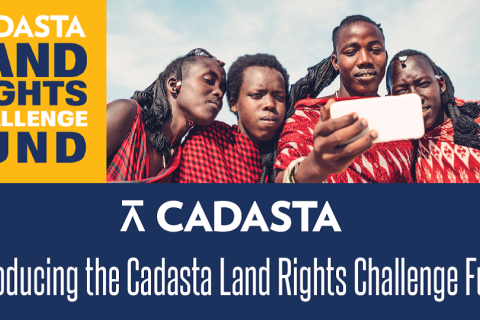Request for proposal for photography and production of a coffee table book on the multiverse of women in the IGAD region
BACKGROUND
Land governance across borders or transnational land governance looks at rule making, standard setting and institution building across borders. Empirically, one can see a variety of patterns of regulatory governance emerging. The studies commissioned by IGAD in 2016 reviewing the of land governance systems in the IGAD Member States identified four transnational elements:










